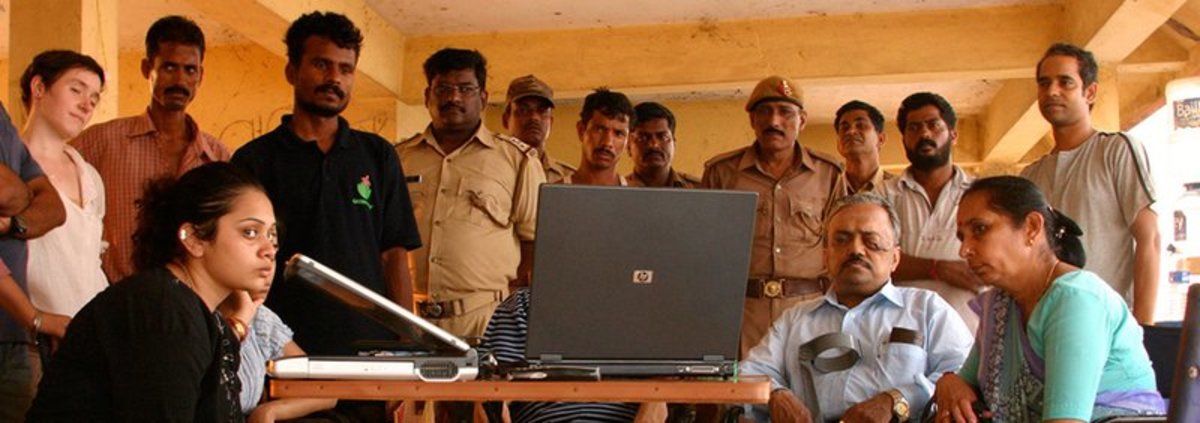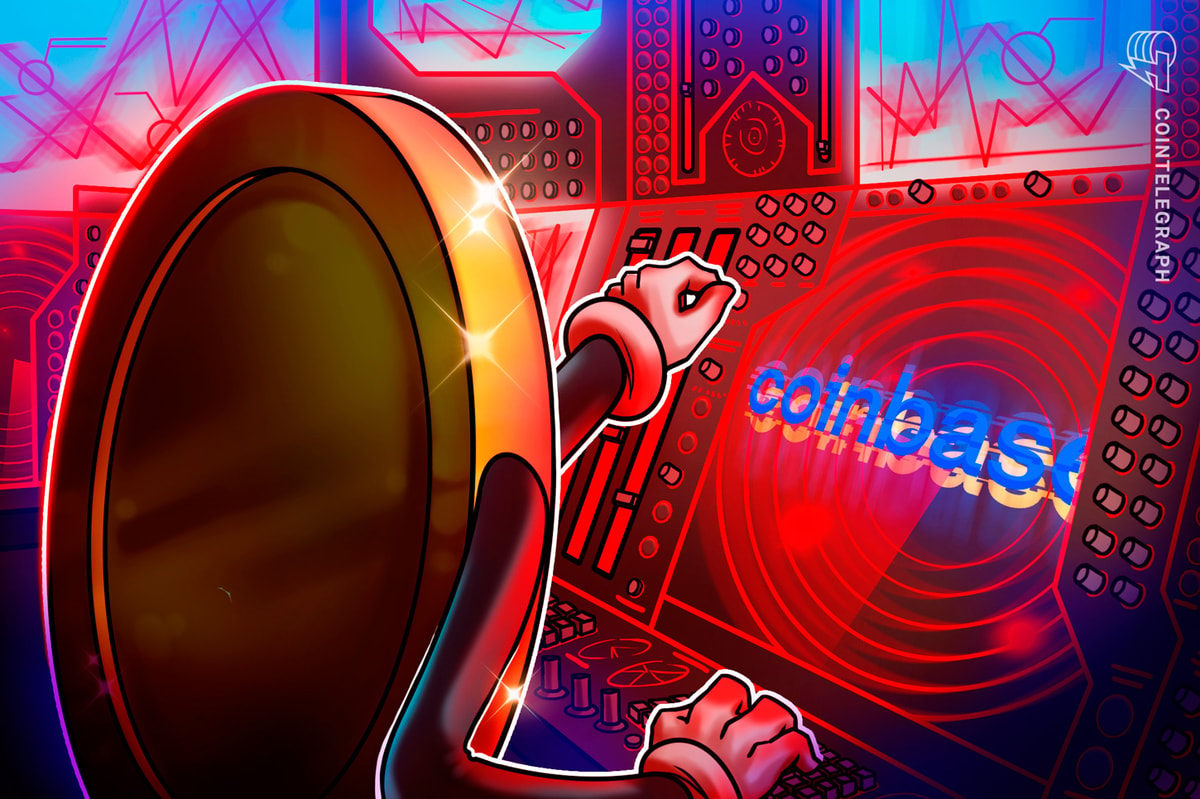
Earlier this week, Indian Bitcoin exchange BTCXIndia shut down after a banking partner closed the account for an undisclosed reason. Unocoin, an Indian Bitcoin exchange which raised funding from Barry Silbert’s Bitcoin Opportunity Corp., was questioned by local authorities who reportedly said that Bitcoin and the exchange were illegal in India.
When contacted for further information, BTCXIndia was unwilling to give any further details. BTCXIndia CEO Mupparaju Siva Kameswara Rao did state that the exchange was running a regulatory compliant trading platform, and had been in close contact with banks and authorities to ensure they were as “legally compliant as possible.” He added, “Today’s news comes as a big shock to us all.”
Unocoin CEO Sathvik Vishwanath told Bitcoin Magazine that the exchange could not disclose the name of the government agency they were contacted by, but they were being questioned whether their exchange was operating legally.
“There are always confusions in the regulatory landscape for Bitcoin in pretty much every country as there are no official statements,” Vishwanath said. “It is so in India as well.”
He added that Unocoin’s banking relationships “have continued to be fully secure.”
Bitcoin Regulations in India
Bitcoin has had a rocky history in India. In late 2013, India’s central bank, the Reserve Bank Of India (RBI) gave a warning against the digital currency, and subsequently several Bitcoin exchanges in the country were raided by police, and some were even shut down. Since then things have gotten brighter for the digital currency in the country.
On an Indian TV show last December, RBI governor Raghuram Rajan said that despite problems, he saw a future for digital currency in India.
“I have no doubt that down the line we will be moving towards primarily a cashless society and we will have some kinds of currencies like this which will be at work,” he said.
Though the recent events were unfortunate for India’s young Bitcoin industry, it is not the end of digital currencies in the country. According to Mohit Kalra, CEO of Indian bitcoin exchange CoinSecure, these events are bound to happen given the regulatory uncertainty around Bitcoin in the country. He also added that business remains as usual for his exchange.
“Coinsecure has not been contacted by any local law enforcement so far,” said Kalra. “This is due to our strong and legally guided KYC (know-your-customer) policy and terms and conditions. Our KYC policy includes strong and valid procedures to verify our clients, and we only allow clients to deposit or withdraw fiat to their verified linked bank accounts.”
He also added the exchange’s two banking partners, ICICI Bank and Axis Bank, are still fully committed to banking the Bitcoin startup.
Kalra went on to say that he remains optimistic about the future of Bitcoin regulations in India and that his company has had a very positive experience with the Indian government.
“I feel that all the government authorities in India have been cooperative towards our Bitcoin businesses,” he said. “We have not faced any engagement from regulation departments. This is due to Coinsecure being safe and following procedures advised by our legal panel. The day we incorporated our company in India, we informed RBI, SEBI and other authorities of our upcoming Bitcoin exchange.”










